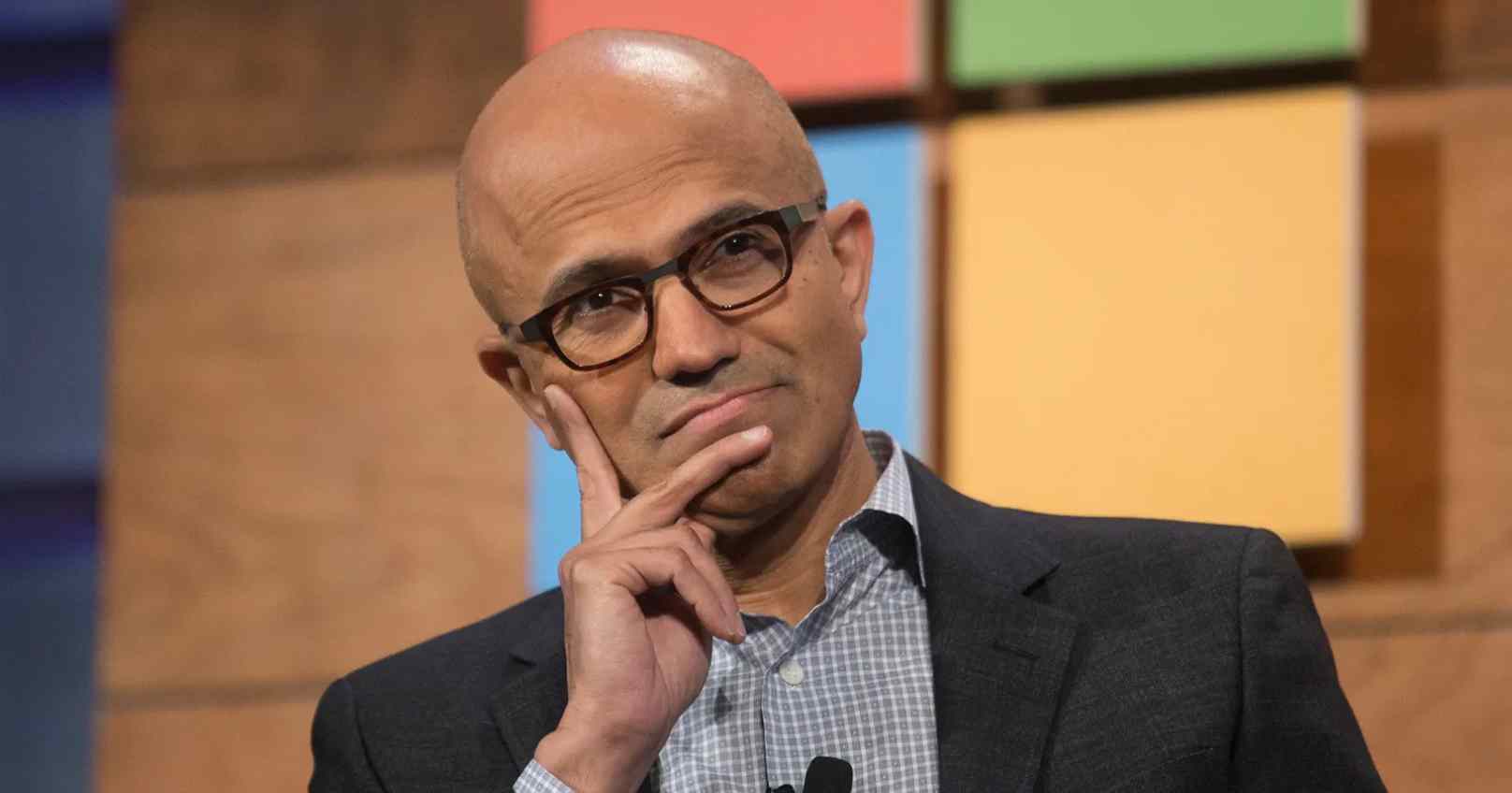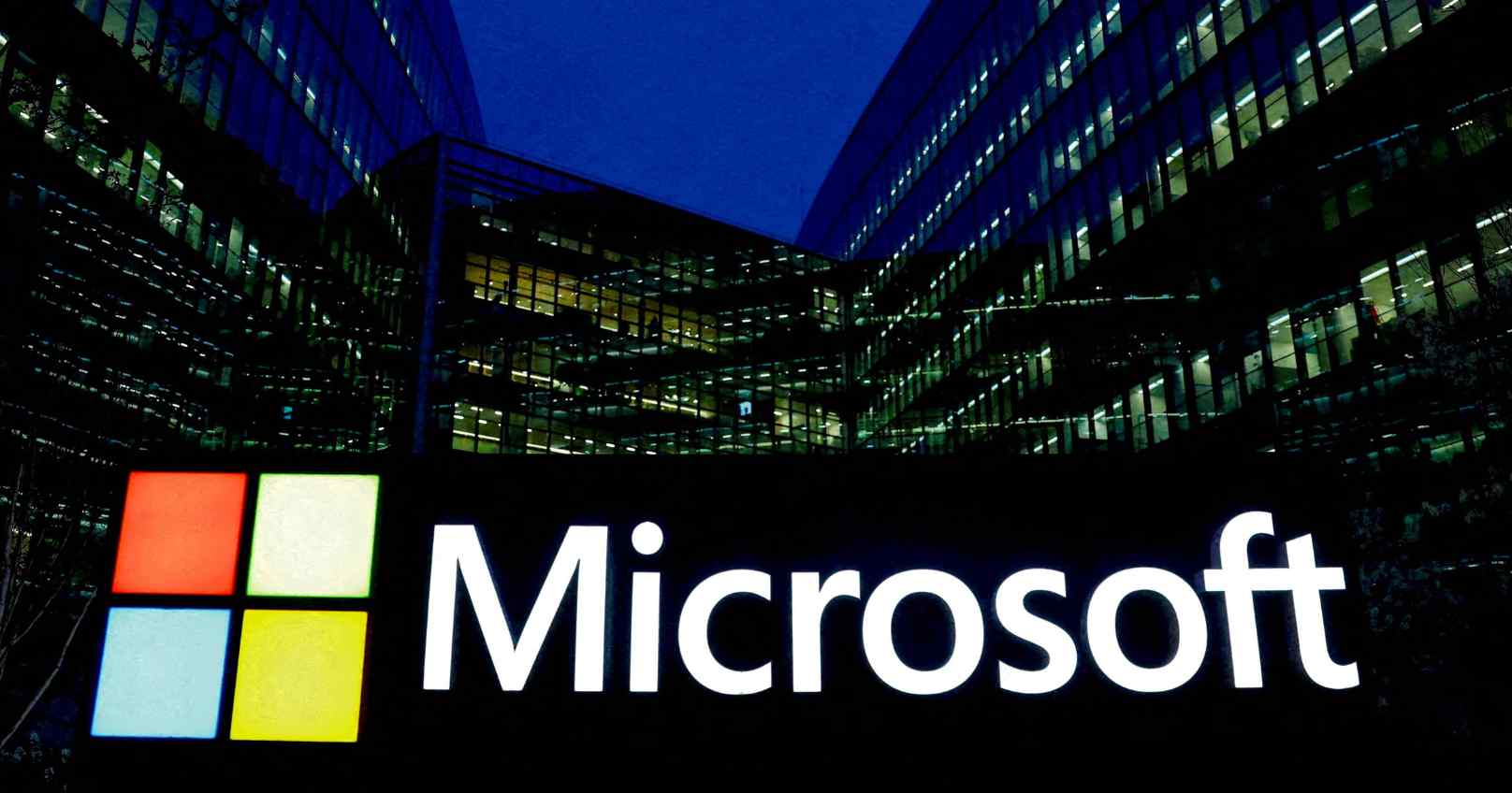Microsoft CEO Satya Nadella has finally addressed the company’s recent move to slash around 6,000 jobs—roughly 3% of its global workforce—clarifying that the decision was driven by strategic priorities, not employee underperformance. During an internal town hall, Nadella acknowledged the emotional weight of the layoffs and described them as part of a broader business “realignment.”
“This isn’t about individuals not doing well,” Nadella said during the meeting. “It’s about preparing for what lies ahead.” And what lies ahead, unsurprisingly, is a deeper push into artificial intelligence.
The tech industry witnessed a hiring boom just a few years ago, especially for software engineers who were once considered indispensable. But that tide has shifted dramatically with the rise of AI. Tech giants, including Microsoft, are now letting go of many of these same engineers, refocusing instead on integrating AI into every layer of their offerings.
Microsoft’s Chief Product Officer for Experience and Devices, Aparna Chennapragada, weighed in too, stating that while the traditional role of engineers is evolving, coding remains an essential skill. She suggested that tomorrow’s software developers may look more like “software operators” than coders in the conventional sense, but emphasized that the core principles of computer science remain highly relevant.
Copilot Takes Center Stage
Despite the difficult job cuts, Microsoft’s leadership used the meeting to shine a light on the company’s rapid growth in the AI arena. Nadella highlighted the surging adoption of Microsoft Copilot, the firm’s AI-powered assistant, especially among large enterprise customers.
Chief Commercial Officer Judson Althoff revealed that Barclays has purchased 100,000 Copilot licenses. Other major global firms—Accenture, Siemens, Toyota, and Volkswagen—have each reportedly signed similar large-scale deals. With each license priced at $30 per user per month, such agreements could generate substantial recurring revenue for Microsoft.
However, Nadella stressed that license sales alone don’t tell the full story. What really matters is how effectively companies are using Copilot in their daily operations. “Adoption is what counts,” he said. The aim is not just to sell but to ensure Copilot becomes embedded in the workflow to maximize its impact.
These developments point to Microsoft’s broader ambition: to lead the enterprise AI race. Even as the company trims staff, it is sharpening its focus and investing in technologies it believes will define the future.
While the layoffs have understandably sparked concern and disappointment, Microsoft’s top brass maintains that these changes are about adapting to new realities. In an AI-driven world, job roles are bound to transform, but for those who can evolve with the technology, new doors may open.







